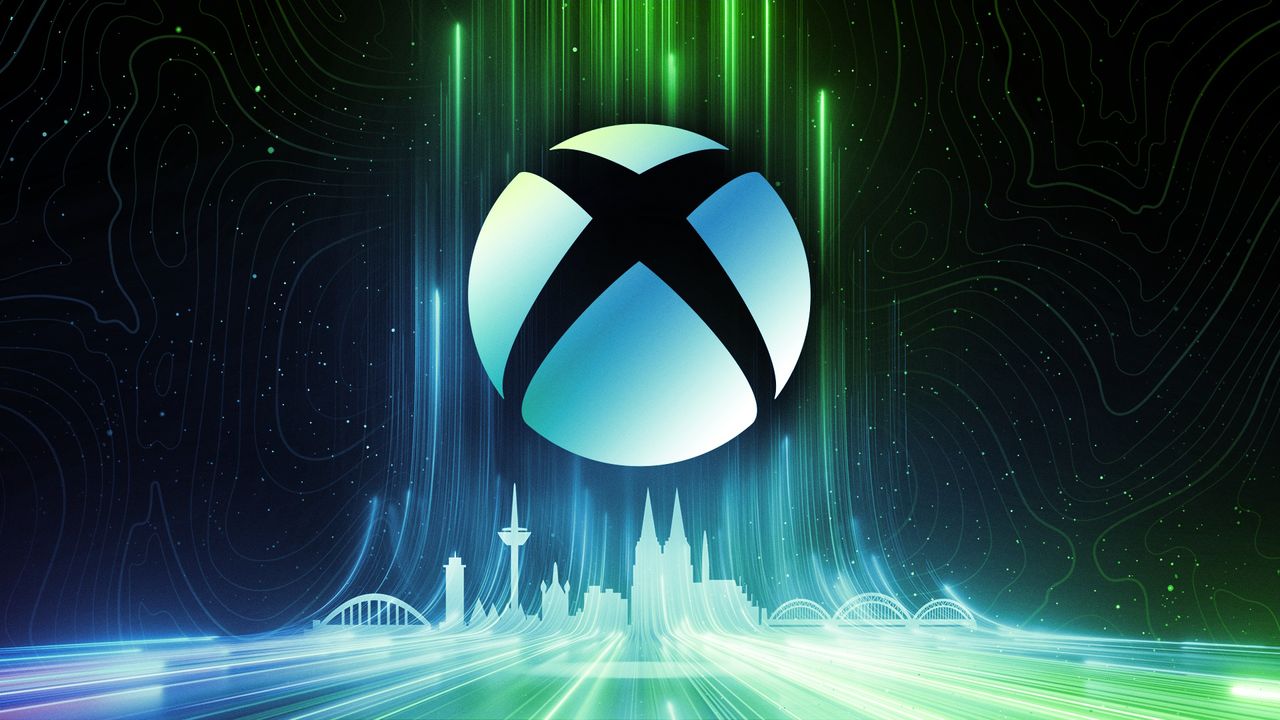
Recently, Pete Hines, a former Bethesda executive, said Xbox Game Pass wouldn't be what it is today without the developers who make games for it. He stressed the need to support them, and now, former Xbox Game Studios vice president Shannon Loftis has added her thoughts on the business model.
"When you talk about a subscription that relies on content, if you don't figure out how to balance the needs of the service and the people running the service with the people who are providing the content – without which your subscription is worth jack shit – then you have a real problem," Hines said in an interview with DBLTAP.
Microsoft confirms the service is making money for the company, even though it apparently doesn't include the potential losses of regular first-party sales when calculating the profit margins. But what does that actually mean for developers?
"As a longtime first party Xbox developer, I can attest that Pete [Hines] is correct," Loftis writes on LinkedIn (spotted by Tweak Town). "While [Game Pass] can claim a few victories with games that otherwise would have sunk beneath the waves (Human: Fall Flat, e.g.), the majority of game adoption on [Game Pass] comes at the expense of retail revenue, unless the game is engineered from the ground up for post-release monetization. I could (and may someday) write pages on the weird inner tensions this creates."
When you consider a game like Hi-Fi Rush, which was a critical success but still saw its studio closed by Microsoft (before being revived by Krafton), it's easy to see how tensions could arise.
Is a Game Pass game successful if a lot of people play it, and will that be enough for Microsoft to consider one of its studios valuable enough to keep open? Or do sales still matter more than anything, in which case Game Pass inclusion might actually hurt studios?
While you're here, check out the best games on Game Pass you can play today.







